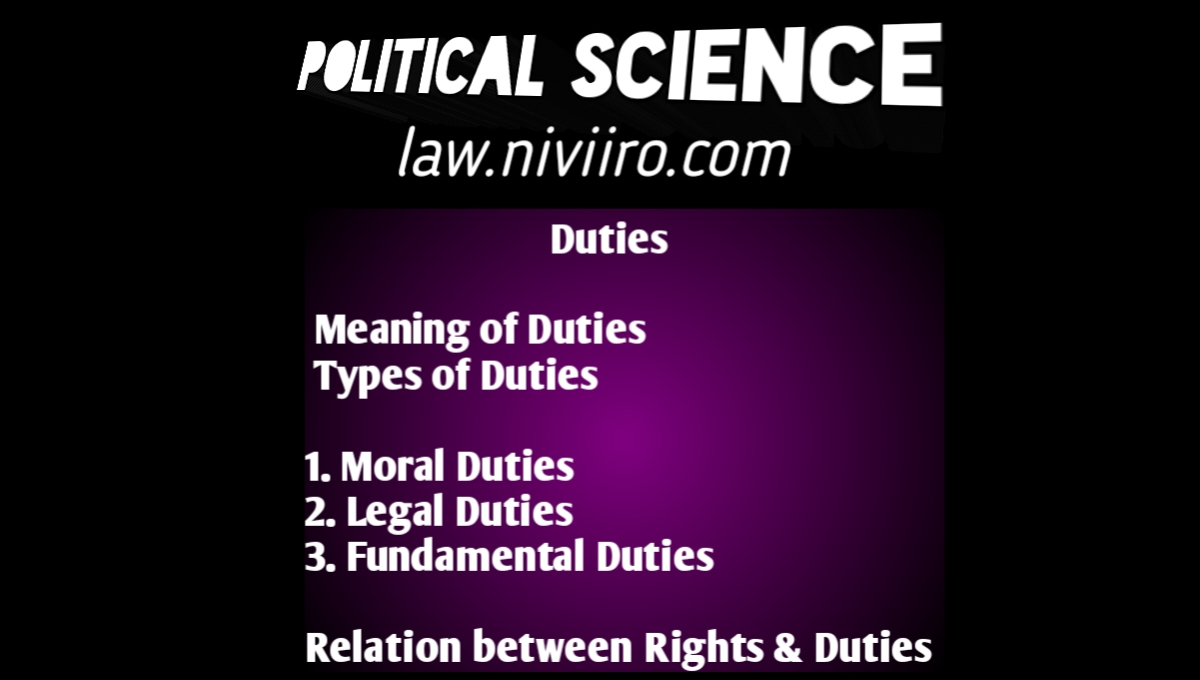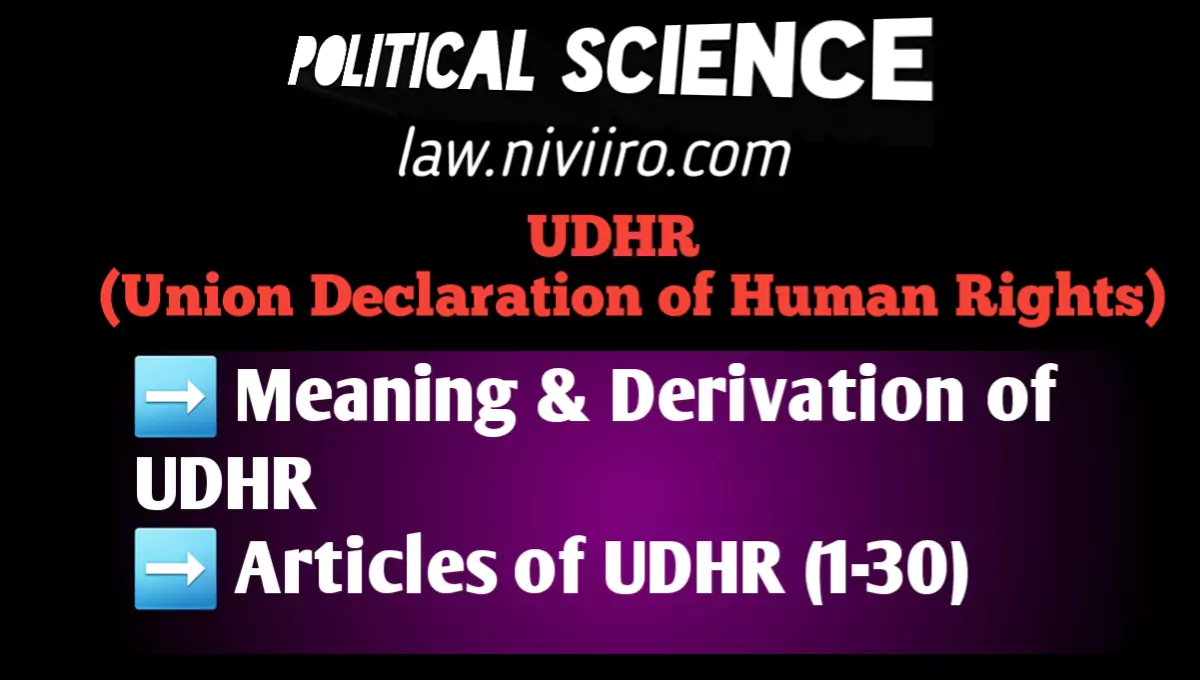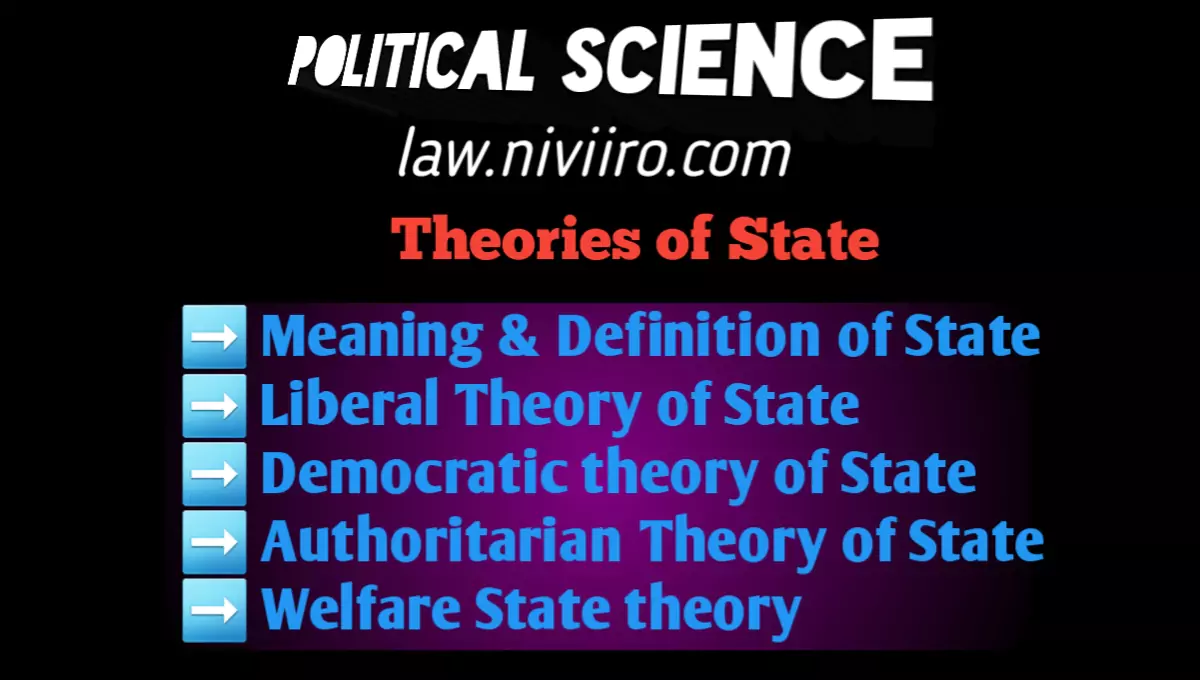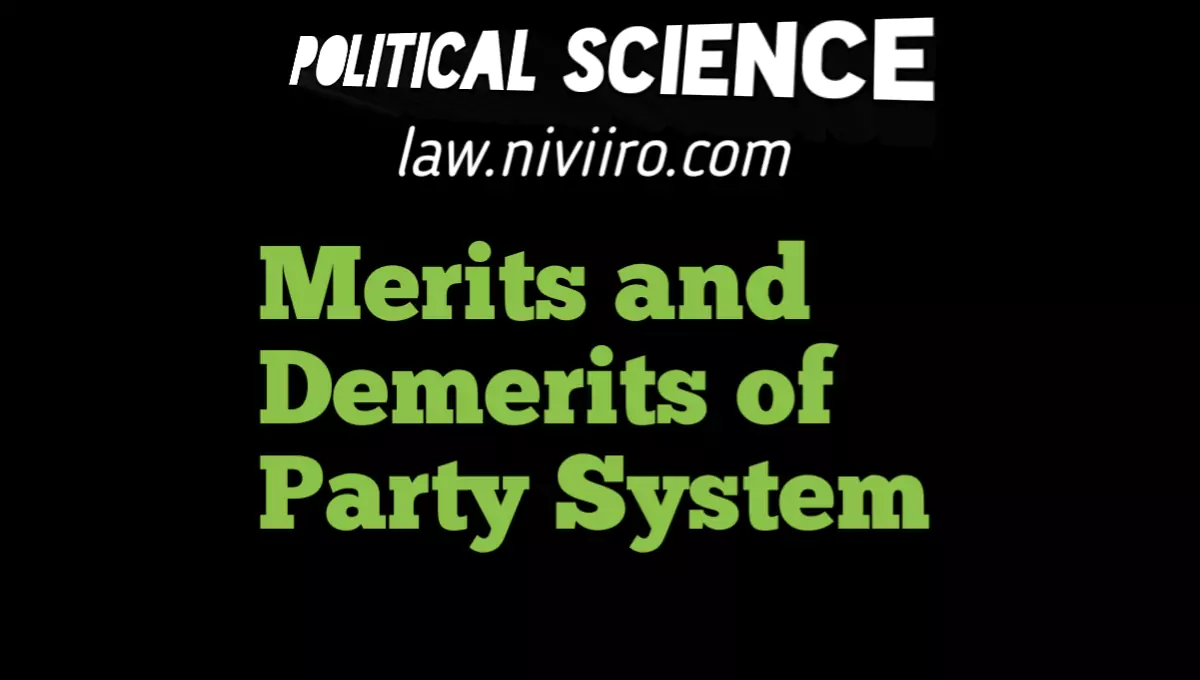Meaning of Duties – A duty is an obligation of Society. As a member of society or state, the individual has to observe these obligations of society.
Individuals are the units of society because they make up society. As a member (or unit) of society or the state, a man must act in a way that is beneficial to all and promotes the welfare of society. Individuals are expected by society to adhere to particular norms. These are Duties . A duty is a legal requirement. As a member of society or a state, the individual is required to uphold these societal commitments. Rights and duties are inextricably linked. They are opposite sides of the same coin. They are the same conditions as perceived from several perspectives. One’s rights are the other’s duties, and vice versa.
Rights become insignificant in the absence of obligations, and duties are futile in the lack of rights. If we have the right to exercise our rights, it is our primary responsibility to carry them out. If the state guarantees us the enjoyment of certain rights, the state also expects us to execute certain duties. We will be punished otherwise. We have moral obligations to fulfil as well as legal obligations to fulfil.
Following are the types of duties :
Moral Duties
Moral duties are obligations that we should follow but are not legally required to do so. It is our moral responsibility to serve our parents, instructors, brothers and sisters, and relatives. It is everyone’s moral obligation to extend a helping hand to the poor and oppressed. Every individual has a moral obligation to provide for his family and earn money fairly. It is our moral obligation to serve our town, province, nation, and planet to the greatest extent feasible.
On October 20, 1962, China launched an attack on India, prompting the government to proclaim a state of emergency. Pakistan launched an attack on India in 1965 and 1971. At that time it was our moral duty to serve our country to our best abilities.
Legal Duties
There is a clear distinction between legal and moral obligations. It is totally up to the individual’s conscience whether or not to perform moral tasks. However, an individual is legally obligated to undertake legal tasks. He will be penalised by the state if he does not do them. Every citizen has a legal obligation to obey the constitution and the laws, as well as to pay taxes on time and in full.
It is our legal obligation to be devoted to our country. Traitors are tried in court and punished by the state. If the state compels us to join the army during an emergency, it is our obligation to join the army and do our best to defend the country.
Fundamental Duties
Fundamental Duties have been added in India according to 42nd Amendment of the Constitution for the first time. 42nd Amendment which became Constitutional Law on 18th December, 1976 added Part IV-A for the first time to the Indian Constitution. All the Fundamental Duties have been enumerated in Part IV-A, Article 51-A.
Article 51-A enjoins the following duties upon the citizens of India:
- To abide by the Constitution and respect its ideals and institutions, the National Flag and the National Anthem;
- To cherish and follow the noble ideals which inspired our national struggle for freedom;
- To uphold and protect the sovereignty, unity and integrity of India;
- To defend the country and render national service when called upon to do;
- To promote harmony and the spirit of common brotherhood amongst all people of India transcending religious, linguistic and regional or sectional diversities; to renounce practices derogatory to the dignity of women;
- To value and preserve the rich heritage of our composite culture;
- To protect and improve the national environment including forests, lake, rivers and wildlife and to have compassion for living creatures,
- To develop the scientific temper, humanism and the spirit of inquiry and reform;
- To safeguard public property and to abjure violence; and
- To strive towards excellence in all spheres of individual and collective activity so that the nation constantly rises to higher levels of endeavour and achievement.
Fundamental Duties were incorporated into the Soviet Constitution for the first time in history in 1936. Following that, they were printed in the constitutions of China and other Communist countries in Eastern Europe, whose constitutions were based on the template of the USSR. The new Soviet Constitution, adopted on October 7, 1977, expands these responsibilities much further. As a result, these responsibilities are extremely beneficial.
Relation between Rights & Duties
As there is a close relationship between the body and soul, so there is a relationship between the rights and duties. Professor Laski finds the following points of relationship between the rights and duties.
- The duty of one is linked to the right of the other. If one possesses a right, the other has a duty to protect that right. If one has the right, it is the duty of the other not to obstruct his enjoyment of that right. For example, if I have the right to life, it is the responsibility of others not to endanger my life.
- The one’s duty is the other’s right, and vice versa. If I have rights, I also have duties. Others will treat us as we treat them. If the other person has the right to life and security, it is our duty not to jeopardise that right. It is our duty to respect and consider the rights of others.
- Every individual is guaranteed the enjoyment of certain rights by the state. but a t the same time, it becomes the individual’s responsibility to exercise those rights to promote the general welfare. For example, if I have the right to vote, it is my duty to vote for a deserving candidate. I should not let my prejudice to influence my vote. I should not be swayed by caste and creed, rich and poor, black and white, and so on.
- If the state safeguards my rights, it becomes my cardinal responsibility to serve the state wholeheartedly. If we are granted rights by the state, it is our duty to fulfil certain duties to the state. If the state protects us, it is our cardinal duty to pay our taxes on time and to remain devoted and loyal to the state.
The rights and duties are strongly intertwined. They are the same conditions seen from different perspectives. They represent opposite sides of the same coin. If we have the right to free speech, writing, roaming, operating institutions, and practising any religion we want, it is also our duty not to disseminate ills in society by our writing or lectures. If we have the right to vote, we should exercise it responsibly and vote for the most honest and deserving candidate.
As a result, it is clear that rights and duties are inextricably linked. They are interdependent from one another. Individual rights will cease to exist if each individual focuses solely on his or her own rights and fails to perform his or her duties to others.
Related Post
What do you mean by duty ?
A duty is an obligation of Society. As a member of society or state, the individual has to observe these obligations of society.
What is the meaning of Moral Duties ?
Moral duties are obligations that we should follow but are not legally required to do so. It is our moral responsibility to serve our parents, instructors, brothers and sisters, and relatives.
Meaning of Legal Duties ?
Legal Duties Reffers to where, an individual is legally obligated to undertake legal tasks. He will be penalised by the state if he does not do them. Every citizen has a legal obligation to obey the constitution and the laws, as well as to pay taxes on time and in full.
What is the Relation between Rights & Duties ?
Professor Laski finds the following points of relationship between the rights and duties. 1. The duty of one is linked to the right of the other. If one possesses a right, the other has a duty to protect that right. If one has the right, it is the duty of the other not to obstruct his enjoyment of that right. For example…..
References
- Prof. S.L. Verma, Modern Political Theory
- J.C. Johari, Political Science
- M.P. Jain, Political Theory liberal and Marxiam
- Prof. H.C. Verma, Modern Political Theory
- R.C. Agarwal, Political Theory
- V.D. Mahajan, Political Theory

















